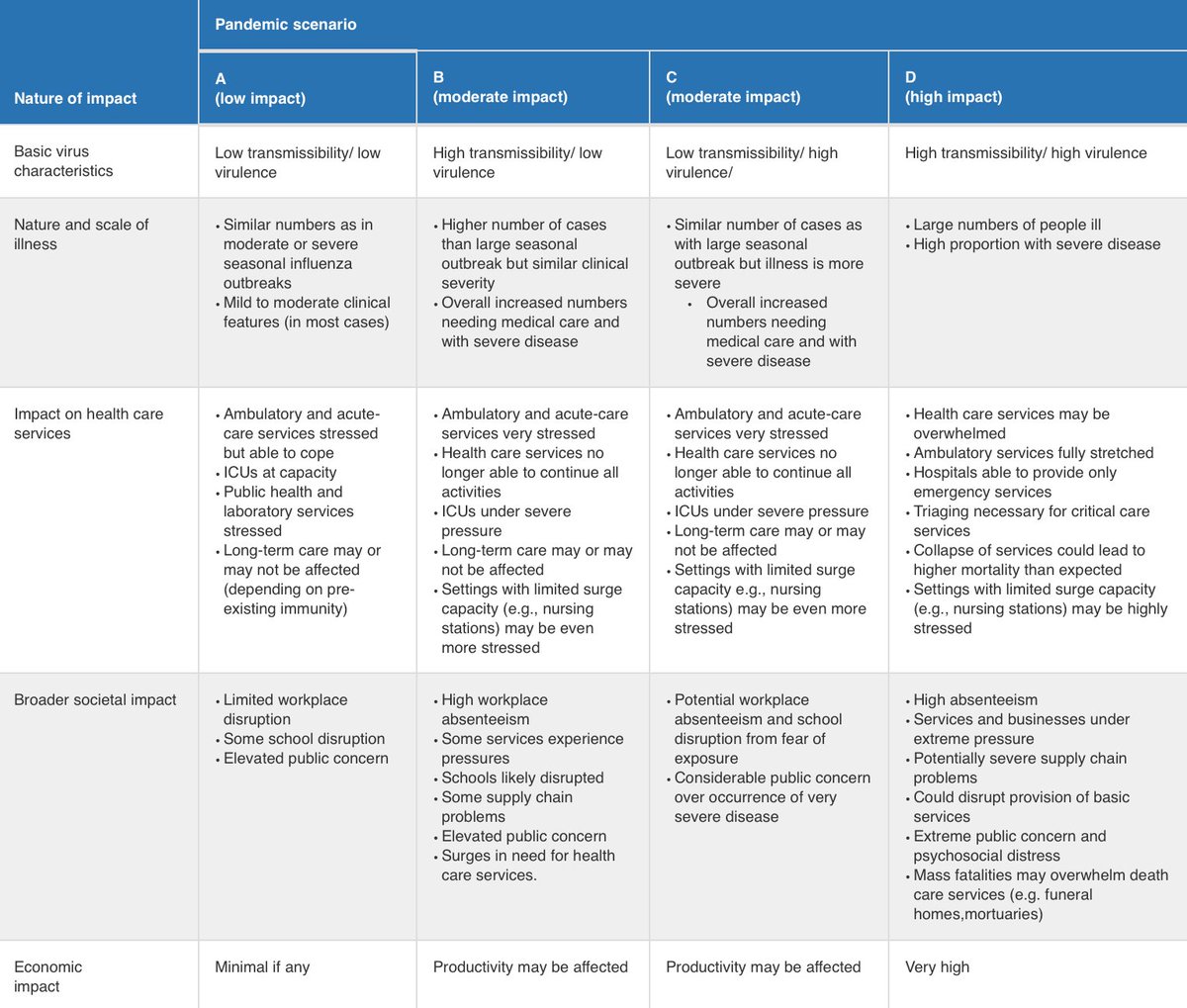As an executive and scientist, I look at COVID19 and see learning opportunities. My birth country, Canada, is very prepared. Why?
WHAT WENT WRONG IN 🇨🇦 DURING SARS?
(a thread on what we learned and why we're prepared)
- Lack of surge capacity in clinical and health systems
- Difficulty with timely access to lab testing and results
- No protocols in information-sharing across government
- Unclear ownership of health data
- Lack of coordination across institutions to manage + respond to outbreaks
- Poor outbreak management protocols, infection control, and disease surveillance
- Weak links between public health and health services (hospitals, physicians, etc.)
Best practices were built off the CDC and Australian system.
- 1.5 MILLION N95 masks
- 165 emergency mobile 200-bed hospitals
- drugs and antivirals
I'm a startup founder now -- how is this relevant?
1. Learn from your mistakes. When something breaks, engage with what went wrong. Instead of assigning blame, look for systemic causes. How was what happened a symptom of a broken system?
Stay healthy!




